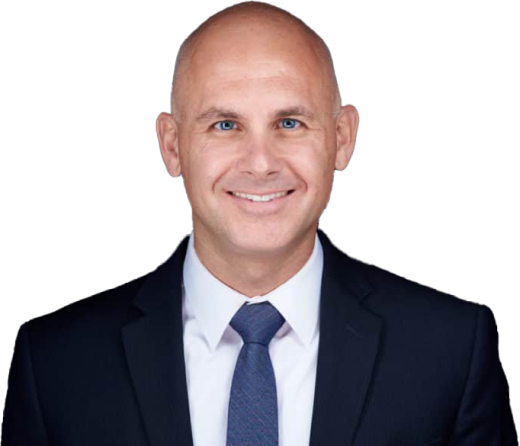
For twenty years, Nevada has required automobile insurers to disclose their insured’s policy limits once an injured claimant provides at least one medical report, record, bill, or a written authorization to obtain the same. This changed in May of this year when Nevada’s legislature repealed NRS 690B.042.[1. Senate Bill 162, when originally proposed, did not aim to repeal the law. Instead, it’s goal, as stated by its sponsor, Senator Michael Roberson, was to require that the injured claimant provide, in addition to either medical records or a release to obtain the same, contact information for all treatment providers involved in the claim. Additionally, instead of requiring the insurer to “immediately” disclose policy limits, the insurer would have 30 days to do so. Additional language was also added that allowed sanctions to issue against the injured party’s attorney if the medical records were not provided pursuant to the statute.
The legislature, without much discussion, decided that it made sense to repeal the entire statute rather than amend it. The minutes of their discussion, in their entirety, read as follows:
After the hearing on S.B. 162, I spoke to the sponsor, proponents of the bill and those in opposition. The Committee had a problem with Nevada Revised Statute (NRS) 690B.042. Our options are to fix the problematic statute to reflect what S.B. 162 proposes, or repeal the problematic statute. The interested parties agree to repeal the statute. Overall, that option makes sense.]
As a personal injury attorney, it is important to know how much is available in a given policy, particularly because Nevada’s minimum policy limits are so low ($15,000 per person in bodily injury and $30,000 per occurrence).
In many cases, doctors providing treatment to victims of motor vehicle accidents are doing so on a lien, meaning they are treating for promise of future payment out of a settlement or verdict.
If there is not enough money in insurance to cover recommended treatment (including med-pay and UIM coverages of the injured person’s policy), then the patient either needs to be willing to come out of pocket or forego necessary treatment. In most cases, the patient has no choice but to forego treatment because they cannot afford to bankroll their own treatment.
Without the knowledge of the available insurance money, the patient bears the unnecessary risk that they’ll be personally responsible for the medical bills arising from the negligent actions of others—which is what their contract with the doctor requires in the event that the medical bills exceed the policy limits. The doctors also bear a risk because if there is not enough insurance money to pay the doctors’ bills, the doctor either doesn’t get paid or is stuck trying to collect from a patient who may well be judgment proof.

Matters are further complicated by the fact that if the attorney can’t pay all the doctors with the funds available, he has to file a new lawsuit, serve all the medical providers with liens (including health insurance providers who have paid for treatment) and seek a judgment from the court distributing the funds available among the doctors. In this scenario, the patient gets nothing.
NRS 690B.042 required an insurer to disclose policy limits before a lawsuit is filed. However, once the patient files a complaint, the insurer has the affirmative obligation under N.R.C.P. 16.1(a)(1)(D) to disclose a copy of the insurance policy, which includes coverage limits.
Because knowledge of the insured’s policy limits is such an important consideration to the injured party’s case, and because their disclosure is only required after a lawsuit is filed, the practical outcome of the appeal of NRS 690B.042 is that personal injury attorneys will file lawsuits much sooner than they otherwise would have—or in many cases when they probably would never have—so they can find out what the at-fault party’s policy limits are.
To the extent an insurance company refuses to disclose the policy limits in the pre-litigation phase, they are going to get their insureds sued sooner, which will increase the cost of a claim—the exact opposite of what the insurance companies (and the plaintiffs and the defendants) want. Because the repeal of NRS 690B.042 was detrimental to injured claimants, medical treatment providers, injury attorneys, and insurance companies, it seems the only involved party to really benefit its repeal is the defense attorney.
____________________________________________
Zachariah B. Parry is an attorney and founding partner at the law firm H & P and is an adjunct professor who teaches torts, contracts, and Nevada practice and procedure for UNLV’s paralegal program. He can be reached at 702-912-4451 or zach@p2lawyers.com



